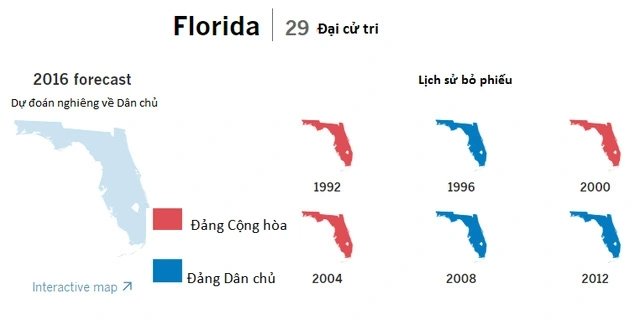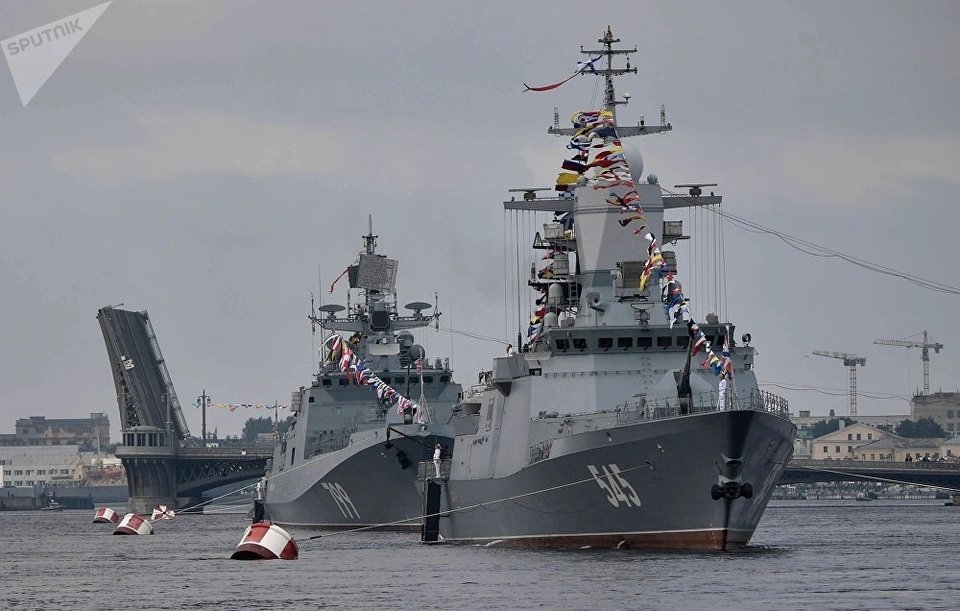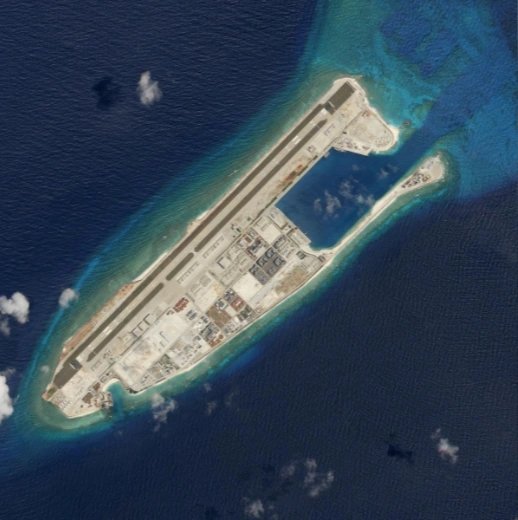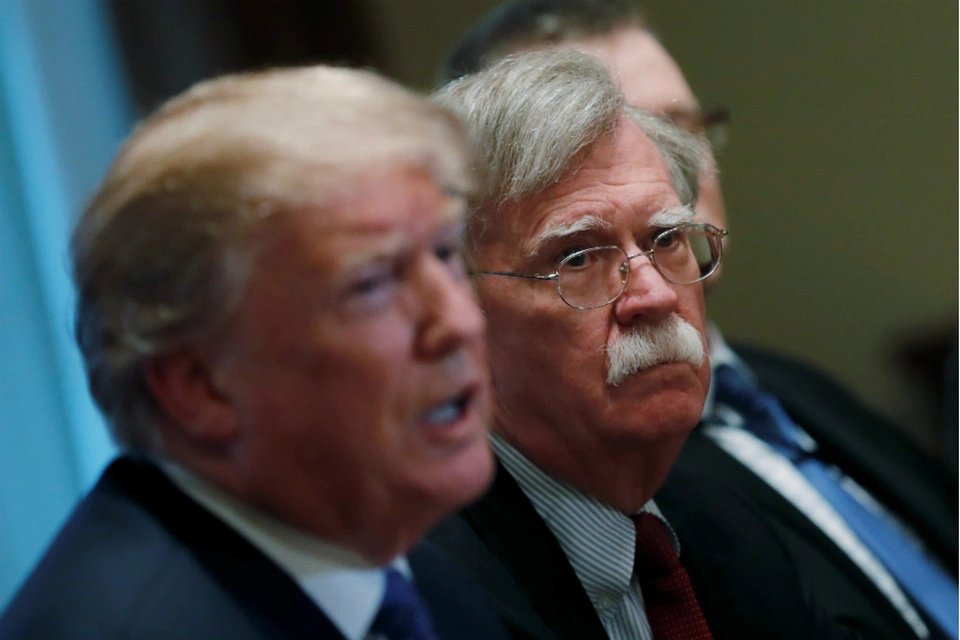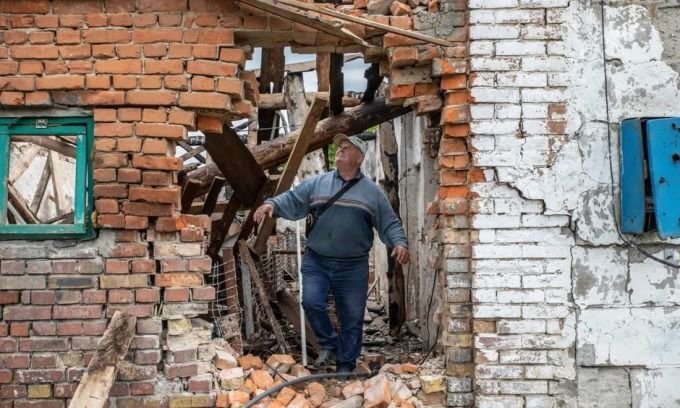
The artillery battle took place fiercely between two forces about 4 km apart.
`Two kilometers to the right are Russian troops, two kilometers to the left are my country’s army,` Mishchenko, 66, recounted the situation that left his farm near the village of Pochepyn, north of Kiev, in ruins.
Mr. Mishchenko stands in the middle of a house hit by artillery shells near the village of Pochepyn, on the outskirts of Kiev, on May 24.
`They shot each other very fiercely, like in a video game. The first two days I stayed in the house, then I couldn’t stand it so I had to leave. When I came back, I was extremely shocked. House, barn, warehouse
Hundreds of Ukainre farmers find themselves in a similar situation to Mishchenko, as the conflict devastates the economy and threatens to cause famine.
Warehouses and seaports across Ukraine are storing more than 20 million tons of grain and corn that cannot be exported because the Russian navy is blockading the Black Sea region, Ukraine’s key grain export route.
Ukraine exports most of its goods through seaports, but since Russia launched its military campaign, they have had to ship goods by train or through small ports along the Danube River.
David Beasley, executive director of the United Nations World Food Program, which feeds 125 million people and buys 50% of its grain from Ukraine, called on Russian President Vladimir Putin to open a passage for ships from
`It’s not just about Ukraine, it’s about the extremely poor people on the brink of starvation that we talk about so often,` he said last week.
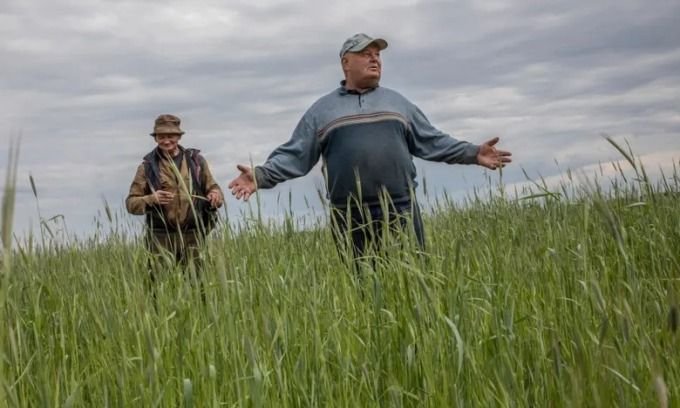
Mishchenko stands in the field with his son Roman.
Mishchenko also said that `conflict will cause food shortages and famine`.
`Another problem is fertilizer. We often import fertilizer from Russia and Belarus. Not enough fertilizer means crop output will decrease by 20-30%,` he said.
Before the conflict, Ukraine was one of the world’s largest breadbaskets, exporting 4.5 tons of agricultural products each month through its seaports, including 12% of the world’s wheat, 15% of corn and half of its sunflower oil.
Last year, Ukraine produced 33 million tons of wheat and exported 20 million tons, becoming the 6th largest exporter globally.
`I don’t know how to continue living,` Mishchenko said.
Artillery shelling from both Russia and Ukraine destroyed the grain warehouse and the house where he lived with his wife and son Roman, 42 years old.
The conflict not only destroyed Mishchenko’s livelihood but also claimed his son-in-law, who volunteered for military service and died while defending Marakiv.
Like many other Ukrainian farmers, he had to start everything from scratch.

Mischenko family’s destroyed tractor.
When Mischenko bought this land with his wife in the early 1990s, all they had was a mobile home attached to a trailer.
`30 years after I built these things, I came back to the trailer,` he said.



